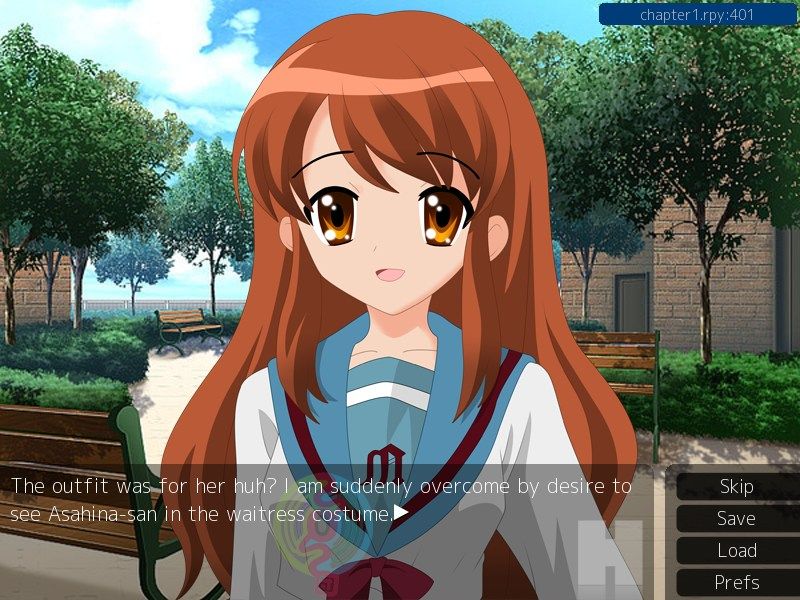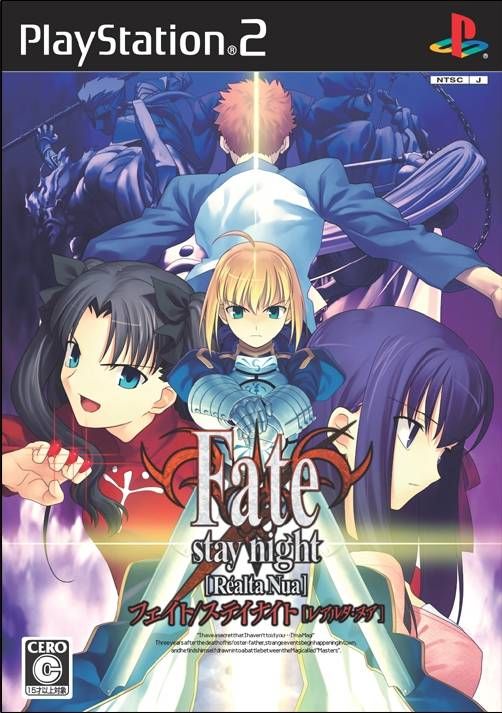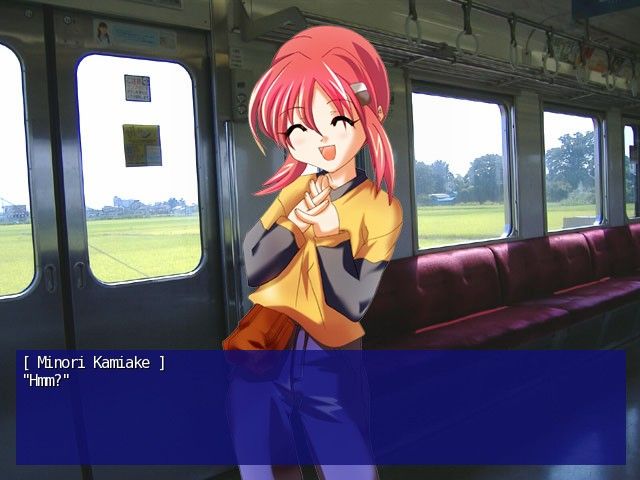Those who enjoy cut-scene-driven games are a dying breed. Back in “the day” we enjoyed that part of a game’s story telling. Remember watching as Cloud raced his bike through the streets of Midgar or the opera scene in Final Fantasy VI? Those were some truly defining moments in the history of, not just the Final Fantasy franchise, but video games in general. These days, though, a new generation of gamers is rather spoiled by all the “must have action now” attitudes that prevail throughout their peers. First person shooters with pitiful excuses for stories, RPGs that try to cater to this “I want it now” generation, but fall flat because the story isn’t expounded upon as much as it should be and games that attempt to cover over the fact that their story sucks with massive amounts of customization and personalization of the characters and everything else are all commonplace.
Now, I’m not saying these games are bad – they most certainly are not in some instances (and, frankly, in some they are, but let’s say the cup is half full, shall we?). What I am saying is I think that in many cases the art of storytelling is falling by the wayside because of the attitude of gamers in general these days. Why not look to one video game genre that takes storytelling to the extreme? These games are visual novels. If you live in Western nations, that term probably immediately threw up a red flag in your mind, didn’t it? Don’t lie, I know it did. Why? Do you have a pre-conceived notion of what these games are? Why they are “bad”?
Visual novels are fairly popular in Japan and other Asian countries. Admittedly, they often contain little gameplay, but tend to offer decent story and characterization throughout. I’m not trying to rain on the parade of gamers who just are not interested in something like this – so to each their own. What I am trying to say, is there is something of value in this type of game which, many times, I think gets glossed over or ignored completely by Western gamers.
I also have to touch on the stigma that all visual novels include ecchi or hentai [Wikipedia links, but are NSFW], which they most certainly do not. While it is true that this seems to be the genre in which those forms of storytelling and visual appeal are prevalent, to say that they are synonymous with visual novels is an ignorant statement. However, because many times the genre does contain more adult material, here’s your warning before testing the waters and trying out some of the rarely-localized but often imported titles in the genre.
So, what kinds of stories are we looking at here? Many times the focus of visual novels is on dramatic situations in day-to-day life, although including high-fantasy, sci-fi or darker elements is definitely not unheard of. Instead of “chapters” or “parts”, generally speaking visual novels are broken down into days – with very distinct “waking up” and “going to bed” scenes, although not always. The story is also typically told from one person’s point of view, thus is often in the 1st person instead of 3rd, like many other story-heavy games. Note that most of these scenarios are just generalizations. Not all visual novels must have all of these, or, really, any of them, to fit the genre.
If you wanted to compare Japanese visual novels to possibly more familiar Western titles, you could probably point your finger at games like Indigo Prophecy and Heavy Rain, although those stray greatly off the path and are, for lack of a better term, very “Westernized”.
What was kind of the trigger that got me thinking about this article is an upcoming visual novel game called Second Novel: Summer Girlfriend - 15 Minutes of Memory. It is quite a hard-to-understand title that we often get when translating from Japanese to English, but check this out. First off, the game is being published by Nippon Ichi Software, a familiar name to most niche Japanese video game fans. Secondly, it has a great premise. It may sound cliché at first, but it gets better.
The story focuses on a boy and a girl with amnesia. Pretty standard, right? The girl, Ayano, suffers amnesia because she jumped off the roof of her school…and survived the fall. She can only remember events in the 15 minutes leading up to her tumble off the roof. Another protagonist in the game, the male character, Naoya, also attempted suicide by jumping off the roof of the school, except he doesn’t remember a thing. The entire game takes place five years after those traumatizing events, when the two finally meet and attempt to uncover more about what exactly happened to them. The PSP title has gamers switching between the past and present to recover both characters’ memories, so as to try to piece together this mystery.
How does that sound? Intriguing, no? To me, it sounds better than 90% of the stories in today’s mainstream games. I know there are a lot of gamers out there pining for a great story, and yet it seems the stories that are so great many times are in visual novels – which, might I remind you, are indeed games – that don’t get localized because there is apparently only a minuscule percentage of people who would actually buy them. I’ve included a video trailer below for the game. Sure, it is presently only in Japanese, but you get the general idea, right?
http://www.youtube.com/v/pp8luHpH1hA&hl=en_US&fs=1&
There are, however, some RPG/visual novel mash-ups that have been localized, a couple of which have come out recently. If you’re the type of person who are intrigued by these games, but aren’t sure if you can go all out and give up a good chunk of gameplay just to have a more dramatic, character-driven story filled with dialog, you might try giving something like Record of Agarest War or Sakura Wars: So Long, My Love a try. They combine elements of strategy RPGs with those of relationship sims, which are often times based on the visual novel concept. For more turn-based RPG fare, Persona 3 and 4 provide more untraditional visual novel style gameplay in about half of the game, with the other half being a turn-based RPG dungeon crawler.
Note that there is quite a sizable community out there of gamers who enjoy this genre and creating fan translations of many popular visual novels into English, as well as other languages. So this is perhaps a start for many localization companies to look at when deciding to bring a title over to North America or Europe.
Perhaps I’m using this space to promote a genre that I think could benefit Western gamers if more titles from it were localized or perhaps I’m using this as motivation to get more involved in visual novels myself. Regardless, I do feel it is a genre that is often overlooked for the depth of story and character development that goes way beyond most games we see today that sell millions of copies. When was that last time a Halo, Call of Duty or Fallout reached the levels of storytelling and complexity of characterization that are found in many visual novels? Try never. Of course, I don’t expect the “must shoot someone right now” generation to latch on to these more delicate concepts, but perhaps to some small degree I may have ignited someone’s curiosity in this niche genre. Here’s hoping in the future there will be more call for Japanese visual novels to be localized to Western regions.



